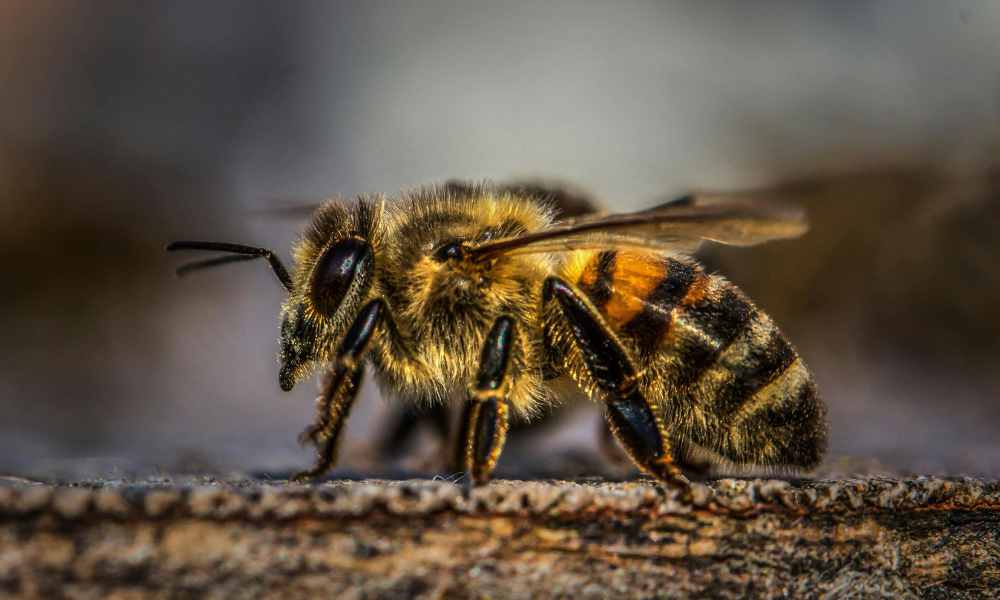
Researchers at the Epigenetics Lab at the Harry Perkins Institute of Medical Research in Perth, Australia, have made important progress in investigating whether bee venom cancer research could lead to new treatments for aggressive cancers.
Since 2020, the team has been exploring how compounds found in honeybee venom may selectively kill aggressive breast cancer cells while sparing healthy ones. Breast cancer remains the most common cancer among women, accounting for nearly 30% of new female cancer diagnoses each year.
Bee Venom Cancer Research and Melittin
At the centre of this bee venom cancer research is melittin, the primary compound in honeybee venom. Melittin destroys cells by creating pores in the cell membrane. While highly potent, melittin in its natural form is toxic and can harm healthy tissues. To overcome this, researchers have engineered a “targeted melittin” that can be safely delivered in preclinical models.
In laboratory studies, a single injection caused cancer cell death within hours and showed therapeutic effects lasting several days. Moreover, when melittin was linked to a specialised carrier, it was able to home in on tumour sites with precision, minimising damage to healthy cells.
Beyond Melittin: The Role of Whole Bee Venom
Researchers also found that whole bee venom appeared to target cancer cells more effectively than melittin alone, suggesting that other components in the venom may enhance its selectivity. Early findings indicate that this approach could be particularly valuable for hard-to-treat subtypes such as triple-negative breast cancer (TNBC), which currently lacks approved targeted therapies.
Bee Venom Cancer Research in Other Cancers
Beyond breast cancer, initial work is also investigating applications in ovarian cancer, where targeted melittin has shown significantly improved effectiveness compared to melittin alone.
While these results are promising, experts caution that more research is needed to evaluate safety and long-term efficacy. Clinical trials will be required before targeted melittin can be considered a viable therapeutic option. At this stage, the therapy is seen as a potential complement to existing treatments such as chemotherapy or radiotherapy, rather than a replacement.
The Bigger Picture of Bee Venom Cancer Research
This research sits within a broader context: natural products have historically been an important source of anticancer drugs, and bee venom may offer another pathway for developing safer, more effective, and potentially less toxic treatment combinations.
Although many drugs that show promise in early-stage studies do not ultimately translate into clinical success, targeted melittin represents a compelling area of innovation – particularly for aggressive cancers where current options remain limited.
For more information on natural products in cancer therapy, see the National Cancer Institute.
Back to News + Insights